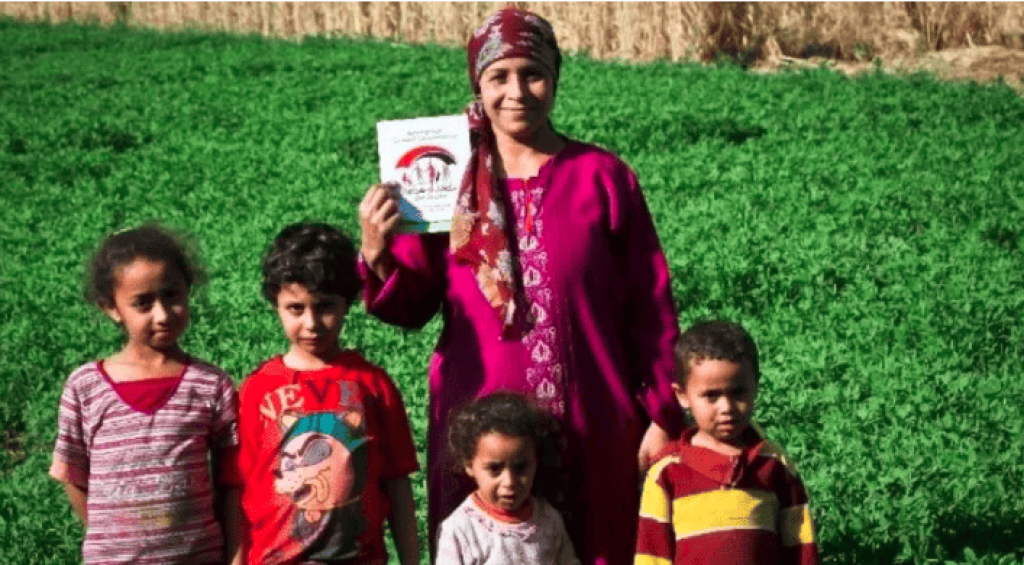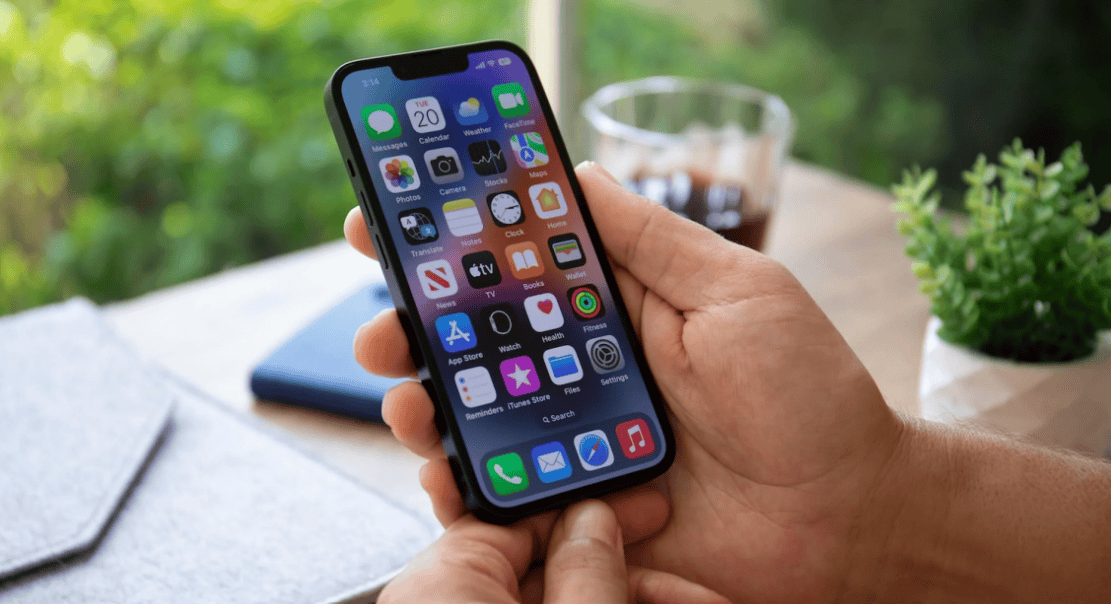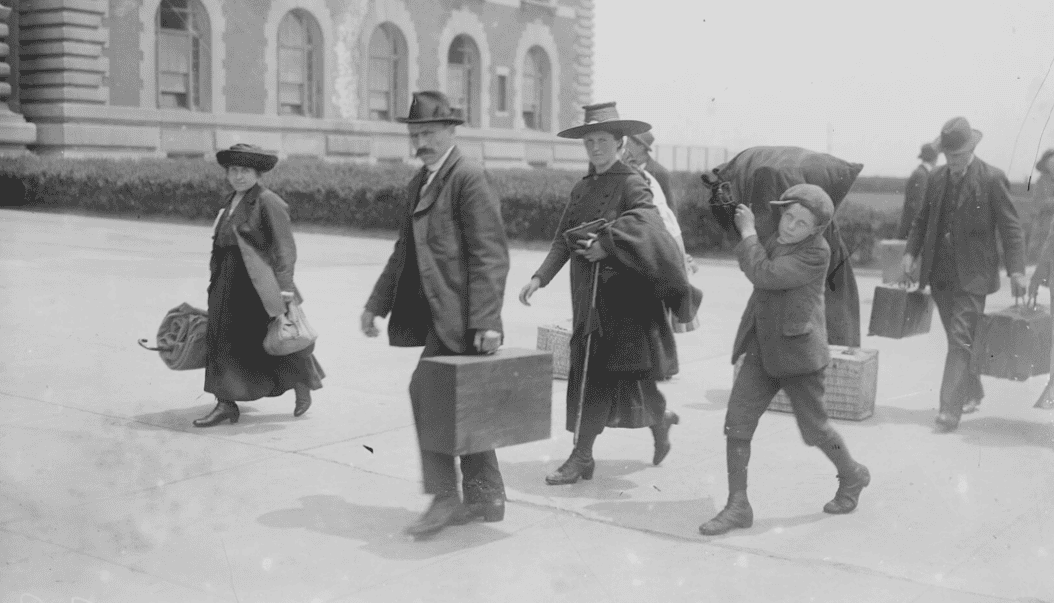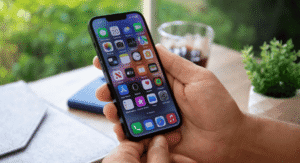What does it take to accelerate gender equality and ensure that women have the same opportunities as men to build successful lives? As the World Bank Group develops the new 2024-30 Gender Strategy, we have been inspired by initiatives that support women’s economic empowerment, human capital development and leadership. Egypt’s Takaful and Karama programis one of these.
In Egypt, large gender gaps persist, including a 10 percentage point gap in literacy and a 50 percentage point gap in labor force participation. Women have limited access to finance and face limiting norms and beliefs around their role in society as caregivers and nurturers. There is a lack of affordable, quality childcare.
Bridging the gap
Launched in 2015, the Takaful program has embraced a conditional “cash plus” model to bridge these gaps, shift norms, address income poverty, build human capital and enhance women’s productivity. Reaching five million households—or 20 million people—74 percent of Takaful cardholders are women.
“Cash plus” means that it’s not just cash the beneficiaries are receiving, but skills, empowering opportunities and more. Takaful income support has contributed to strengthening women’s positions within the household through their ability to make spending decisions, increasing their confidence, self-esteem and agency.
Mervat, one of the Takaful beneficiaries, and her husband, were struggling to make ends meet and guarantee their children’s education, a primary driver for applying to Takaful.
‘’Since I received the Takaful transfer, I paid pending tuition fees for my children. I still have EGP 300 which I spend on my family as needed,’’ said Mervat, who was interviewed in 2018 for a story on the program by the World Bank.
“If I want to buy something for the house, I go buy it,” said Riham, 25, another Takaful beneficiary attesting to the program’s ability to improve women’s agency. “I make the decision because each woman knows her house needs. I also make decisions when I’m buying something personal for myself. But if it’s a general thing, then I take my husband’s opinion.”
Along with income support, Takaful incentivizes households to access health and education services. This has resulted in improvements in quality of diets and child nutrition, reduced the probability of falling below the poverty line, and increased investments in health and education.
Shifting norms
Takaful’s accompanying awareness campaign the “Waii” initiative is also helping to shift social norms using behavioral insights and communication to change mindsets, practices, and behavior. Waiimeans “awareness” in Arabic.
Waiidisseminates important messages, through a variety of means: from community and social workers knocking on doors, to announcements at churches and mosques and even via texts to beneficiaries. The messages promote equal access to education, family planning and reproductive health, positive parenting, combating gender-based violence, combating female genital mutilation, combating early marriage, and encouraging women’s employment.
Adopting a community approach, the initiative successfully mobilized religious and community leaders as well as community workers as social agents of change. This has encouraged some Takaful university students to volunteer within their communities — a testimony to the impact the program has on enhancing community awareness, shifting mindsets, and instigating positive social change across a range of communities.
As Takaful has expanded it has increasingly promoted positive behavioral change. A new initiative under the program seeks to combat early marriage and uphold a law preventing marriage before 18 years of age. Combined with the health and education initiatives, the goal is to generate long-term positive results on women and girls in terms of health, fertility, education, labor force participation and overall social and economic well-being.
Strengthening partnerships
To ensure access to a broad range of services tackling the challenges women face, Takaful has instituted strong partnerships with NGOs, local community leaders, social workers and local volunteers with religious organizations.
One is the “No Illiteracy with Takaful,” partnership which helps mothers learn to read. Another, “Two is Enough,” facilitates access to reproductive health and subsidized family planning services. The “First 1,000 days,” partnership with community and faith-based organizations, leaders and volunteers tops up cash transfers for Takaful mothers with children under two to ensure their nutritional needs are met. And the economic inclusion program “FORSA,” provides access to skills development and income generating opportunities.
Source : World Bank






































































